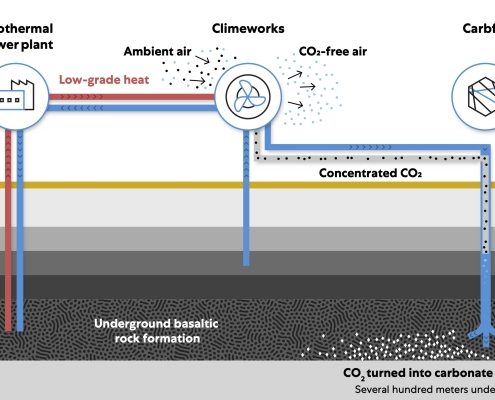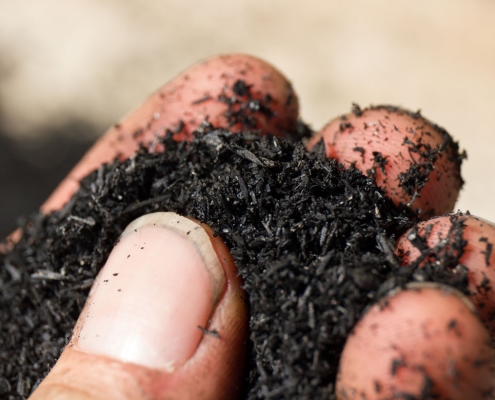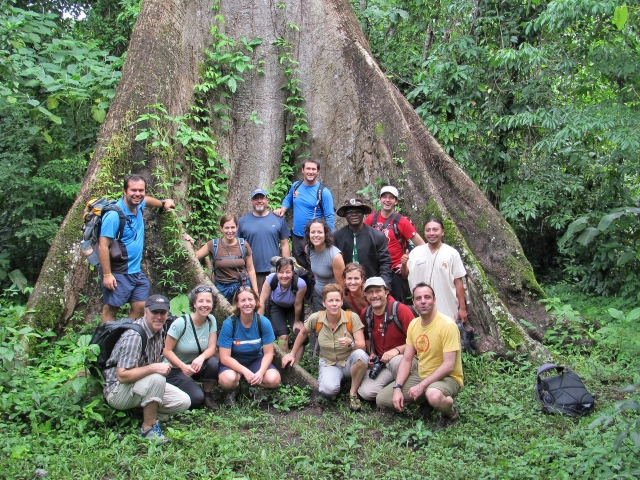H&S & Tomorrow’s Air
February 3, 2024/0 Comments/in Mother Earth, News /by Liliana Rios SantanaH&S & Tomorrow's Air
Scientists estimate that carbon dioxide will need to be removed at the scale of over 10 gigatons per year by 2050. With the current capacity for removal at less than one gigaton per year Hike’n Sail Türkiye is proud to have joined Tomorrow’s Air to help activate broad support for carbon removal with permanent storage in order to restore our climate.
Additionally, sustainable aviation fuel has an up to 80 percent lower carbon footprint than conventional jet fuel. Yet, according to the International Air Transport Association (IATA), the use of sustainable aviation fuels was only 0.1 percent of the total jet fuel consumption in 2022. Hike’n Sail Türkiye’s Tomorrow’s Air contribution will help activate broad support for sustainable aviation fuel in the travel sector.
Tomorrow’s Air is a travel collective inspiring and engaging travelers and travel companies to help scale up the use of climate innovations such as sustainable aviation fuel and carbon removal technology - cleaning up carbon dioxide from the atmosphere quickly, and storing it permanently.
Recognizing that while travel can provide many economic benefits to people along with funding for wildlife and nature conservation efforts, travel is also an industry responsible for at least eight percent of global carbon dioxide emissions. This fact inspired Hike’n Sail Türkiye to join in this effort with Tomorrow’s Air in rallying a global travel community to action.
We invite you to join with us:
- Follow Tomorrow’s Air on Instagram @tomorrowsair_
- Sign up for the Airrow Bulletin for travel insights and carbon removal highlights
- Join the collective as a Supporter, Leader or Champion member
Let’s band together to restore our climate.

KEY FACTS
Why Tomorrow’s Air?
Creative, consistent, and focused education is necessary to inspire a global community to take action and support sustainable aviation fuel and carbon removal with permanent storage. Awareness, understanding, and support for these innovations must be built. Tomorrow’s Air is leading this effort in travel, convening and engaging travelers in the cause, purposefully empowering and expanding our powerful global travel community. Tomorrow’s Air helps travelers walk the talk when it comes to climate action, and gain access to a curated set of benefits from sustainable travel companies, too!
Why Carbon Removal Technology?
Carbon dioxide removal technology takes excess carbon dioxide from the atmosphere and stores it away long-term, ultimately helping to restore our climate. Because society waited too long to reduce its emissions, we now understand that even if the world rapidly reduces or eliminates greenhouse gas emissions, we will still need to remove carbon dioxide to have a chance of limiting dangerous levels of global warming. Based on its assessment of the science, the IPCC report states, with high confidence, that “carbon dioxide removal is necessary to achieve net-zero CO2 and GHG emissions both globally and nationally [and] essential to limit warming to 1.5° C.”
Supporting the expansion of carbon removal technologies such as direct air capture and hybrid nature-tech solutions such as biochar and enhanced rock weathering, alongside our protection and conservation of nature can help restore our climate.
Why Sustainable Aviation Fuel?
Sustainable aviation fuel (SAF) is a key component in the set of solutions for reducing greenhouse gas emissions generated by air travel. As a biofuel that can be used to power airplanes, SAF is “drop in” fuel that can be mixed with conventional jet fuel and requires no modification to existing jet engines and airport infrastructure. SAF is created from renewable sources such as waste oil and fats, green and municipal waste and non-food crops. These products are processed to produce a more sustainable, safe and powerful jet fuel substitute that can reduce carbon emissions by up to 80 percent compared to using fossil jet fuel. Despite its benefits the International Air Transport Association (IATA), reports that the use of sustainable aviation fuels was only 0.1 percent of the total jet fuel consumption in 2022. Tomorrow’s Air is helping to expand the use of sustainable aviation fuel by aggregating and coordinating traveler and travel business demand for it, which will help grow the supply and expand its use.

Direct Air Capture
With Tomorrow’s Air partner Climeworks’ direct air capture, carbon collectors capture carbon dioxide from ambient air. Air is drawn into the collector with a fan, and adheres to a filter within the collector. Once the filter is saturated, the collector is closed, and the temperature is increased, releasing pure CO2 which can then be mineralized, or used in other products.
Biochar
Biochar captures and stores carbon dioxide by stabilizing natural processes of decay in organic matter and keeping it safely in the ground. Tomorrow’s Air partner Pacific Biochar’s technique allows it to modify existing biomass power plants for biochar production. The biochar created is used in soil applications. Biochar can help enhance the overall health of soil by helping hold plant nutrients in topsoil. It also supports increases in crop yield, and can also help conserve water used for crops by improving the water retention of the soil.

Enhanced Rock Weathering
With Tomorrow’s Air Partner, Eion, carbon dioxide is removed from the atmosphere and stored safely through enhanced rock weathering. The natural process of chemical weathering is sped up by applying crushed silicate rock - olivine - to soil. Through existent moisture and acidity in the soil, the crushed rock dissolves, and CO2 is removed from the air through the formation of stable bicarbonate ions, which flush through the soil and eventually make their way to the ocean where they’re stored permanently.

We All Share the Same Air
Carbon dioxide is extremely well-mixed in our atmosphere: emissions from one part of the world mix in with emissions from other parts of the world. When we reduce the concentration of atmospheric carbon dioxide - regardless of where on Earth the reduction occurs - the entire atmosphere, and all of us on Earth who are protected by it, benefit.


























